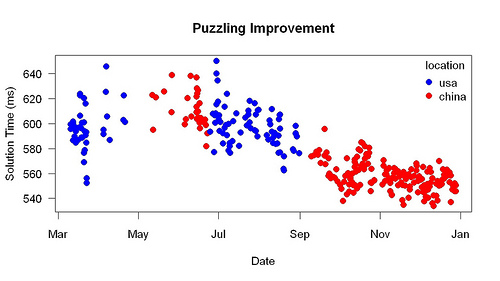Alex Chernavsky writes:
I had an interesting experience recently. On Thursday afternoon, I started feeling a little run-down. Then I began to sneeze a lot, and my nose really started to run. I thought I was coming down with a cold. I took an antihistamine and felt a little better. I woke up Friday morning with a mild sore throat (the sneezing/runny nose had stopped). Within a couple of hours, my throat wasn’t sore anymore — and I haven’t felt sick since then. In summary, I believe I had a cold that lasted less than 24 hours. This almost never happens to me. Typically, my colds last at least a week, and usually more (and I usually get two or three colds per year). There is only one other time in my adult life [he’s in his forties] when I can remember having a very short-duration cold.
Maybe it’s the fermented foods I’m eating. After I started reading your blog, I began to brew my own kombucha, and I drink it every day. I also sometimes eat kim chee, fermented dilly beans, fermented salsa, umeboshi plums, and coconut kefir.
This was the first cold he’s gotten since he started eating lots of fermented foods in June. I believe the correlation reflects causation — the fermented foods improve his immune function. The microbes in the food keep the immune system “awake”. I also believe that Alex’s colds would become even less noticeable if he improved his sleep.
